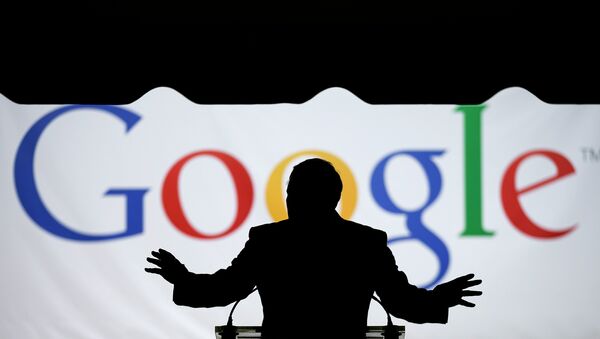Under the deal, Google will pay US$185 million (£130 million) worth of taxes acquired through earnings over the past decade, while the company has also agreed to pay higher tax rates on its future UK earnings.
While Chancellor George Osborne described the deal as "a major success of our tax policy", others have been hugely critical, with Labour officials calling the deal "derisory".
Shadow chancellor John McDonnell said his party would drag Osborne to parliament "kicking and screaming" to explain the deal, which experts suggest will see Google pay an effective tax rate of approximately three percent. McDonnell told the Daily Mirror:
"He [Osborne] should be ashamed that the person cleaning his office pays a higher effective tax rate than a big company making profits of £35 billion in this country."
There were further calls for the government to properly explain Google’s new tax agreement, with Labour MP and chair of the public accounts committee Meg Hillier calling for more details to be revealed.
Bet individual taxpayers wouldn't get off as lightly as Google on back tax. Cosy deal. Will call HMRC and Google to @CommonsPAC to explain.
— MegHillierMP (@Meg_HillierMP) January 23, 2016
The UK has been accused of allowing multinational companies to avoid paying taxes of their British operations after it revealed that Google paid only US$29 million (£20.5 million) in tax in 2013, despite raising US$5.7 billion (£4 billion) from UK sales.
— Paul Bernal (@PaulbernalUK) January 25, 2016
Dear @google Please could you let me know who your Accountants as I want to use them #GoogleTax Google are NOT the villains UK Gov r
— Ministry Bent Police (@ianpuddick) January 23, 2016
Campaigners the Tax Justice Network estimate that Google should be paying US$285 million (£200 million) in corporation tax every year, based on the company’s declared profits margins and sales in the UK.
The criticism of the government over their tax policy was heightened in December after it was revealed that five of the world’s largest investment banks — JP Morgan, Bank of America Merrill Lynch, Deutsche Bank AG, Nomura Holding and Morgan Stanley — paid no corporate income tax in Britain in 2014, despite making billions of pounds in profits from their UK operations.



